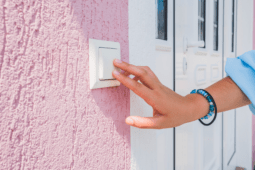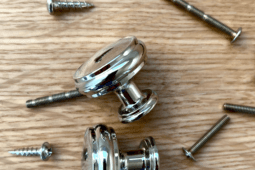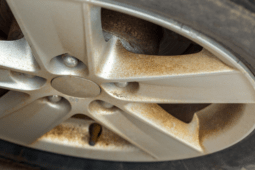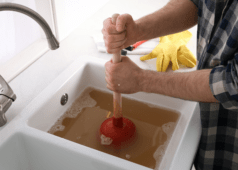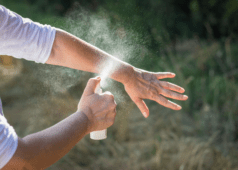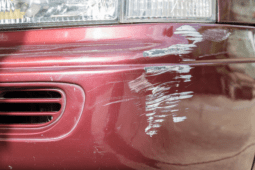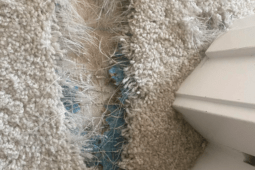Effective Strategies to Prevent Clogs and Maintain a Healthy Plumbing System
Maintaining a clear and functional plumbing system is essential for every household. Preventing clogs not only saves you time and money but also ensures a healthy home environment. One of the most effective ways to avoid plumbing issues is to be mindful of what you put down your drains.
In this article, we will explore how to prevent clogs, identify items that should never go down the drain, and provide tips on resolving clogs if they do occur.
Preventing Clogs: Best Practices
Preventing clogs starts with understanding the importance of regular maintenance and developing good habits. To dissolve any buildup, regularly clean your drains using a mixture of hot water, baking soda, and vinegar.
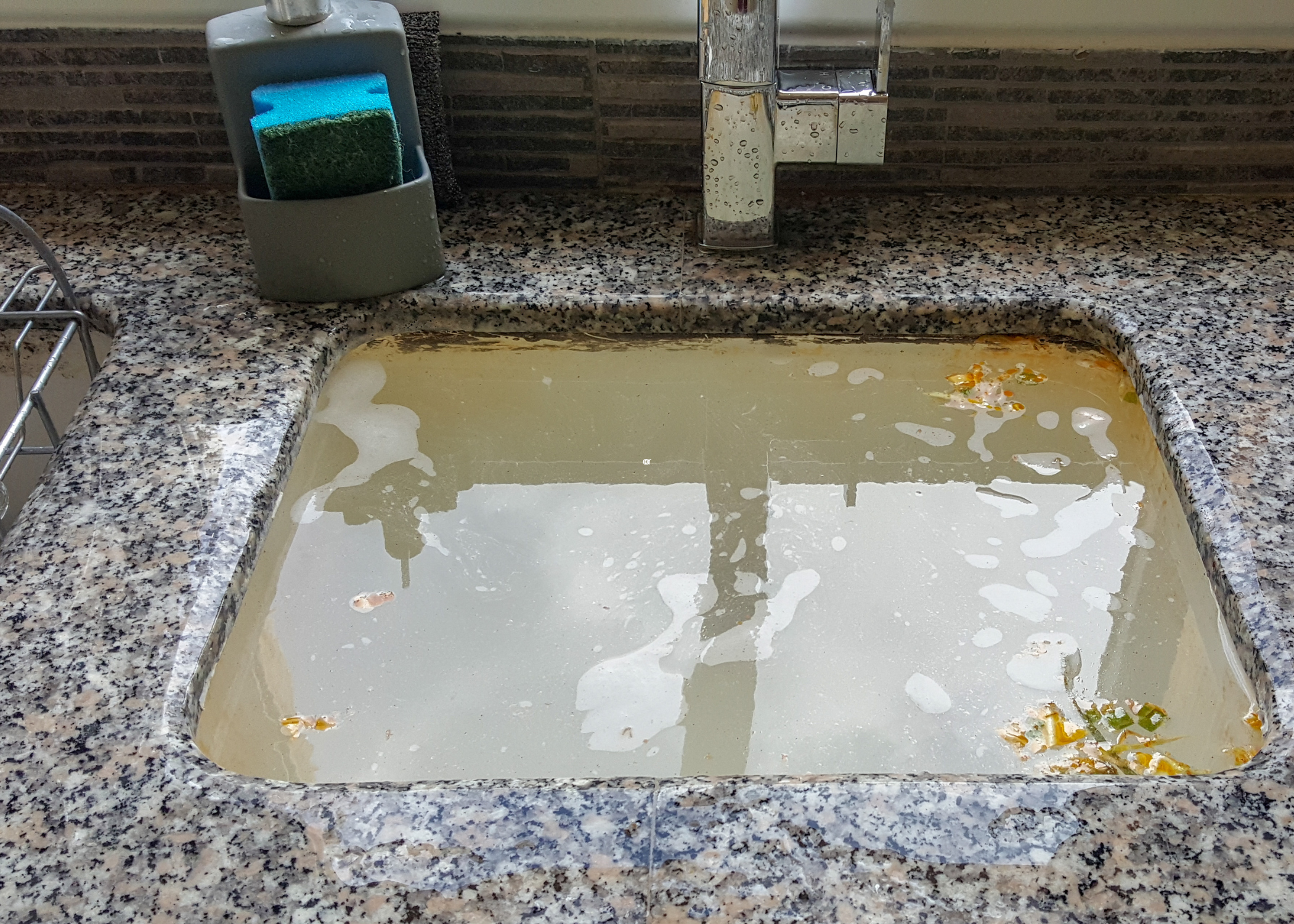
Installing drain guards or strainers in sinks and showers can catch hair, food particles, and other debris, preventing them from entering pipes. Additionally, it is crucial to be conscious of what you flush down the toilet; avoid using it as a trash can for items like wipes, paper towels, and feminine hygiene products.
Things You Should Never Put Down the Drain
Certain substances and items can wreak havoc on your plumbing system. Here are some common culprits to avoid:
- Grease, Fats, and Oils: These substances can solidify and create stubborn blockages. Instead, dispose of them in a sealed container with your regular trash.
- Coffee Grounds: These can clump together and cause blockages. Compost them or dispose of them in the trash.
- Eggshells: While they may seem harmless, eggshells can combine with other substances to create clogs.
- Food Scraps: Even with a garbage disposal, avoid putting fibrous foods like celery, potato peels, and pasta down the drain.
- Medications: Flushing medications can contaminate water supplies. Take them to a pharmacy or a designated disposal site.
- Chemical Cleaners: Harsh chemicals can damage your pipes and create toxic environments. Use natural cleaning solutions instead.
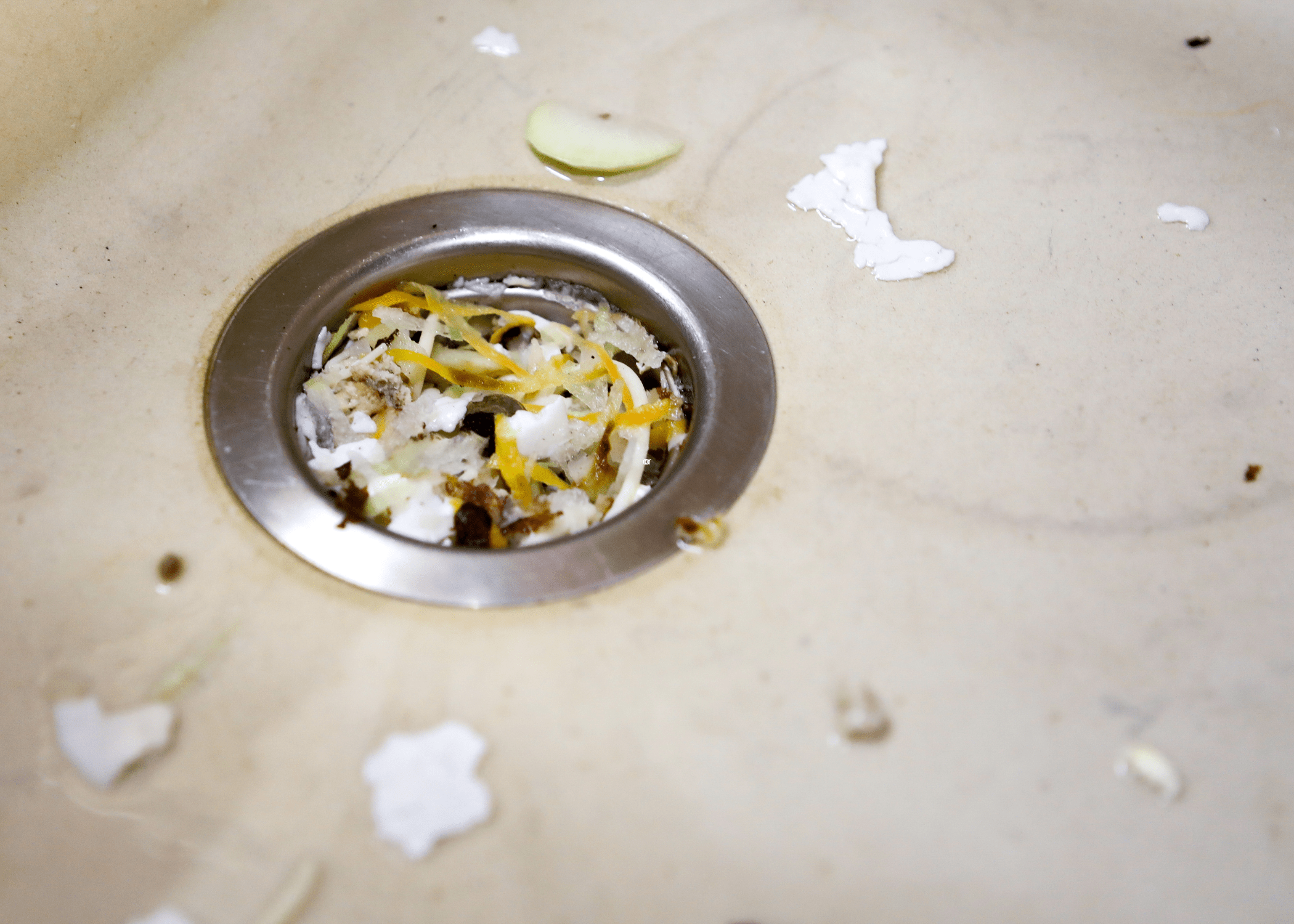
Resolving Clogs: Effective Solutions
Despite your best efforts, clogs can still happen. Here are some steps to resolve them:
- Plunger: A plunger is often the first line of defense. It can create enough pressure to dislodge minor clogs.
- Drain Snake: For more stubborn blockages, a drain snake or auger can reach deep into pipes to break up and remove the clog.
- Baking Soda and Vinegar: Pour a cup of baking soda followed by a cup of vinegar down the drain. Allow it to sit for 15-30 minutes, then flush with hot water. This natural remedy can dissolve minor clogs and deodorize your pipes.
- Professional Help: If DIY methods fail, it’s time to call a professional plumber. They have the tools and expertise to handle severe clogs without damaging your plumbing system.
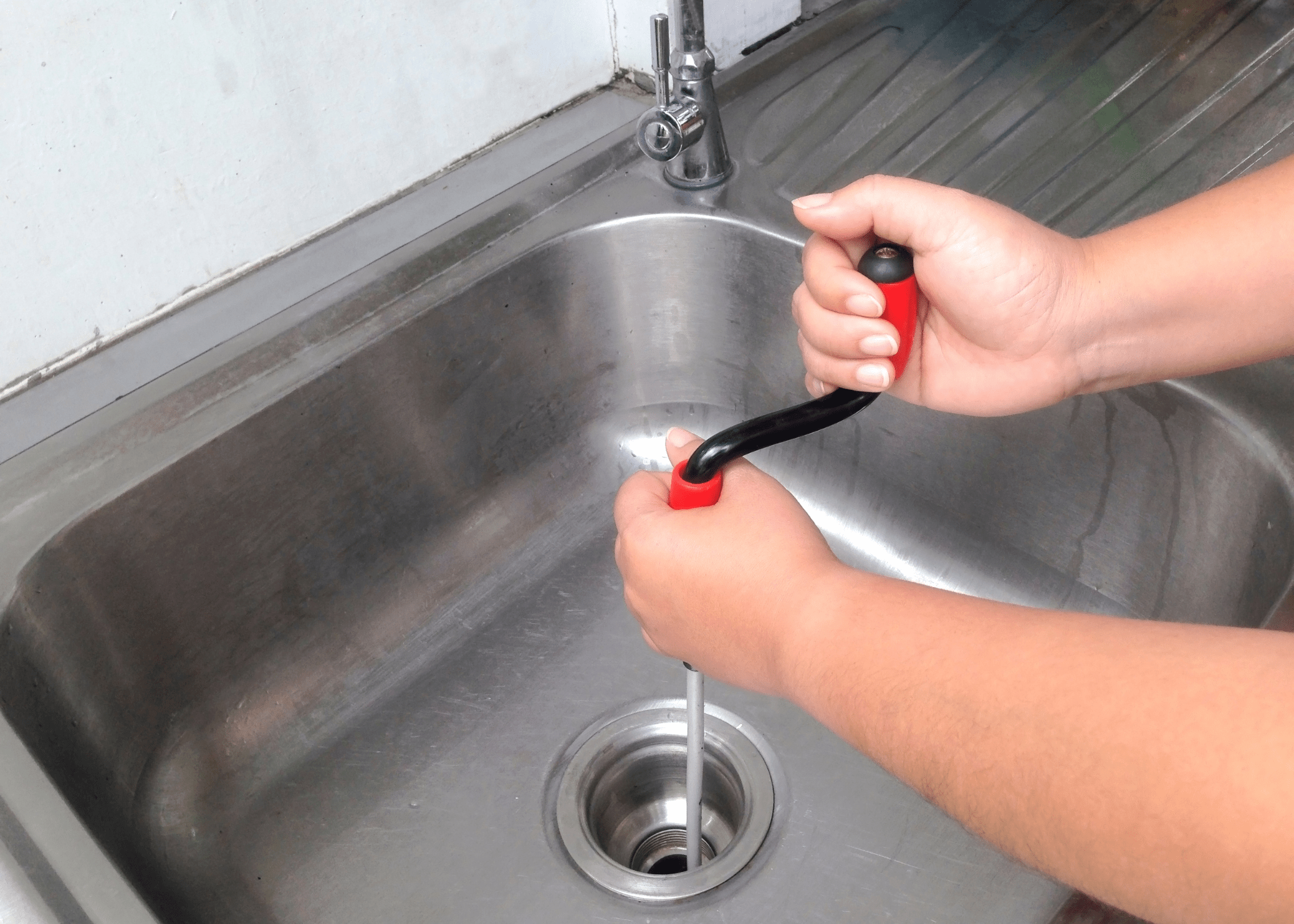
Related Articles
- How to Snake a Toilet – Step-by-Step Drain Clearing Guide
- From Drip to Dry: How to Quickly Fix a Leaky Shower Faucet
- How to Improve Water Pressure in Your Home
By following these guidelines, you can maintain a clog-free plumbing system, ensuring the longevity and efficiency of your household drains. Remember, prevention is key, so be mindful of what goes down your drains and take proactive steps to keep them clear.

